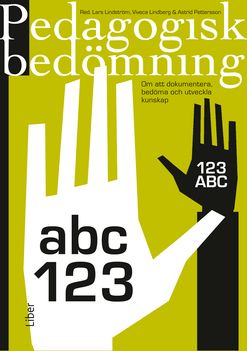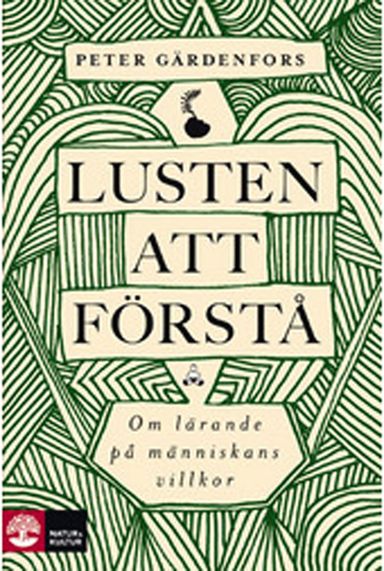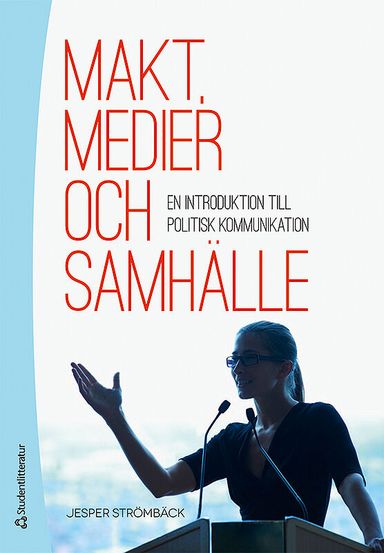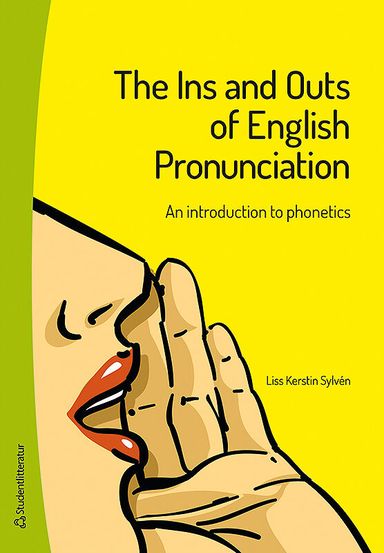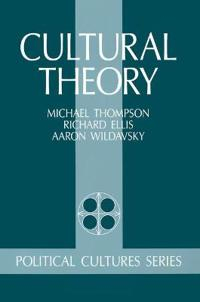

Cultural theory
- Utgiven: 1990
- ISBN: 9780813378640
- Sidor: 296 st
- Förlag: Boulder, Colo. Westview Press
- Format: Häftad
- Språk: Engelska
Om boken
Why do people want what they want? Why does one person see the world as a place to control, while another feels controlled by the world? A useful theory of culture, the authors contend, should start with these questions, and the answers, given different historical conditions, should apply equally well to people of all times, places, and walks of life.Taking their cue from the pioneering work of anthropologist Mary Douglas, the authors of Cultural Theory have created a typology of five ways of life,egalitarianism, fatalism, individualism, hierarchy, and autonomy,to serve as an analytic tool in examining people, culture, and politics. They then show how cultural theorists can develop large numbers of falsifiable propositions.Drawing on parables, poetry, case studies, fiction, and the Great Books, the authors illustrate how cultural biases and social relationships interact in particular ways to yield life patterns that are viable, sustainable, and ultimately, changeable under certain conditions. Figures throughout the book show the dynamic quality of these ways of life and specifically illustrate the role of surprise in effecting small- and large-scale change.The authors compare Cultural Theory with the thought of master social theorists from Montesquieu to Stinchcombe and then reanalyze the classic works in the political culture tradition from Almond and Verba to Pye. Demonstrating that there is more to social life than hierarchy and individualism, the authors offer evidence from earlier studies showing that the addition of egalitarianism and fatalism facilitates cross-national comparisons.
Åtkomstkoder och digitalt tilläggsmaterial garanteras inte med begagnade böcker
Mer om Cultural theory (1990)
1990 släpptes boken Cultural theory skriven av Michael Thompson. Den är skriven på engelska och består av 296 sidor. Förlaget bakom boken är Boulder, Colo. Westview Press.
Köp boken Cultural theory på Studentapan och spara uppåt 49% jämfört med lägsta nypris hos bokhandeln.
Referera till Cultural theory
Harvard
Thompson, M. (1990). Cultural theory. Boulder, Colo. Westview Press.
Oxford
Thompson, Michael, Cultural theory (Boulder, Colo. Westview Press, 1990).
APA
Thompson, M. (1990). Cultural theory. Boulder, Colo. Westview Press.
Vancouver
Thompson M. Cultural theory. Boulder, Colo. Westview Press; 1990.





